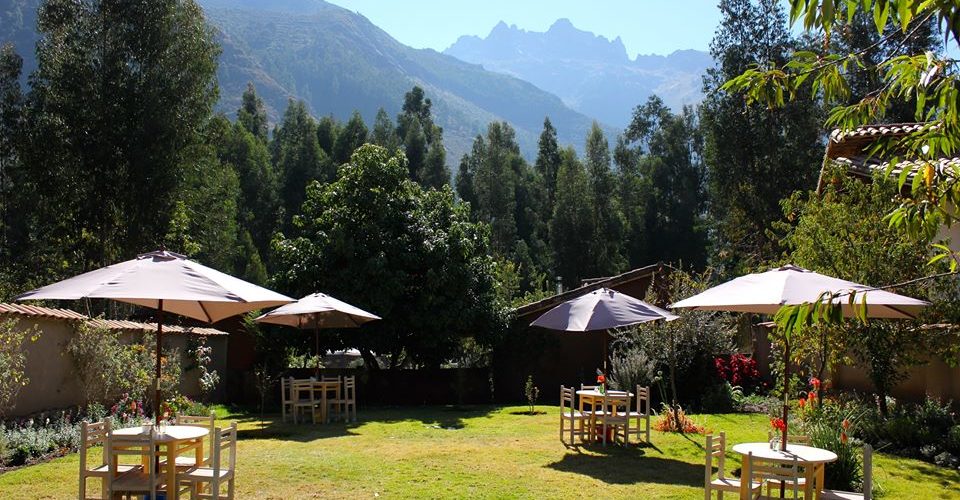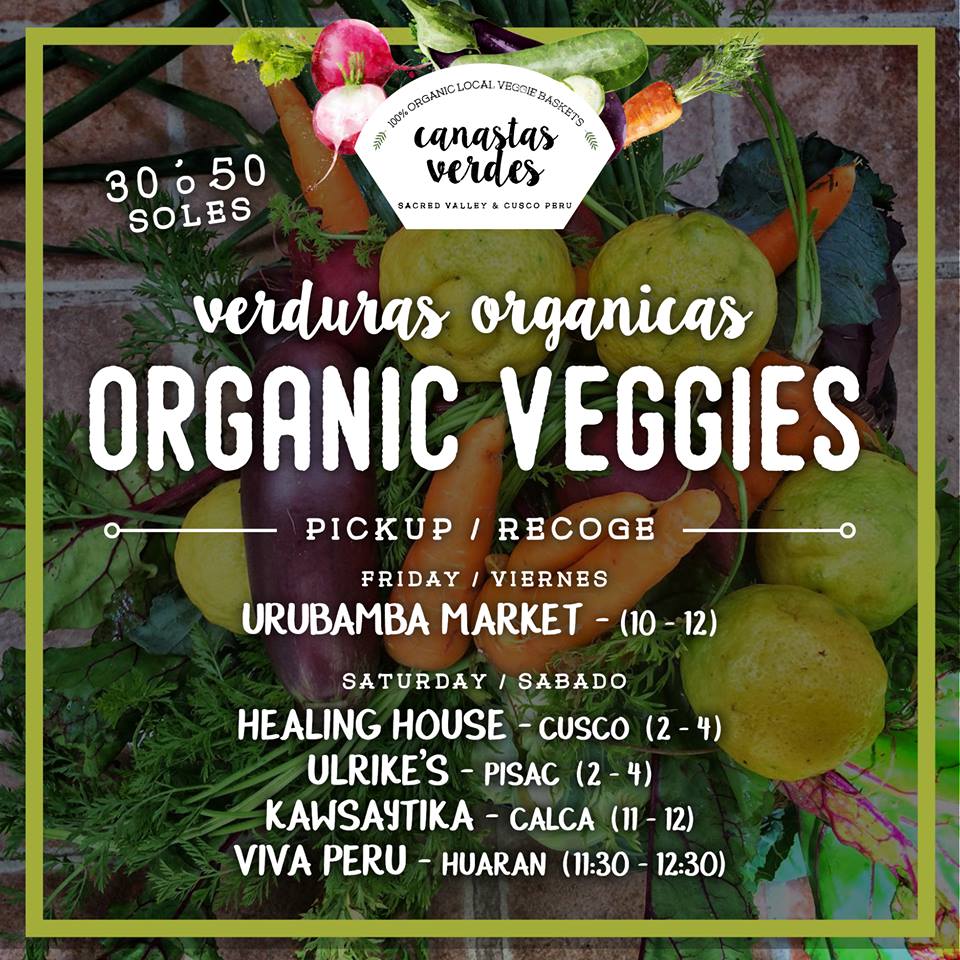These two charming towns are tiny, but they’ve become highly popular with expats for some reason. Consequently, there’s now an abundance of houses designed and furnished to ‘Western standards,’ and there’s a warm, welcoming community here. However, there’s not much to do – the only eatery is the much-loved Viva Peru cafe, and apart from local corner stores, the only place to shop is Greenka, a small store with a smattering of organic and health foods.
There are some great walks and hikes here, including one to the waterfall in Arin. Many stop at the cafe in Munay Sonqo retreat and yoga centre in Arin to refresh with a smoothie, coffee or cake afterwards.
Pros of living in Huaran/Arin
- Some lovely houses, less densely populated than other towns
- A great community of expats
- Quiet and safe
Cons of living in Huaran/Arin
- Many agricultural fields mean residents are regularly exposed to toxic pesticides
- Residents have to take the combi or car to markets, restaurants and cafes
- Prices are getting higher as locals know expats will pay more for housing and land
What you need to know: Garbage pickup days are Wednesdays, so put your rubbish at the ‘carpas’ (covered areas) along the pista (highway) on that day.
Viva Peru
This friendly local hangout offers great service and tasty food, ranging from vegan burgers and soups to salads, tuna melts, and daily specials. Open from 11-4 Monday to Saturday, there are often special events like pub quizzes, games days and musical guests.
Cafe Sonqo
The cafe in the Munay Sonqo retreat space is also open to the public, and serves mainly vegetarian snack foods, smoothies, coffees, sweets and teas. Just a 15 minute walk to the waterfall in Arin, the cafe’s hours are irregular; best to check before taking a walk up there, but when you arrive, the environment is lovely.


